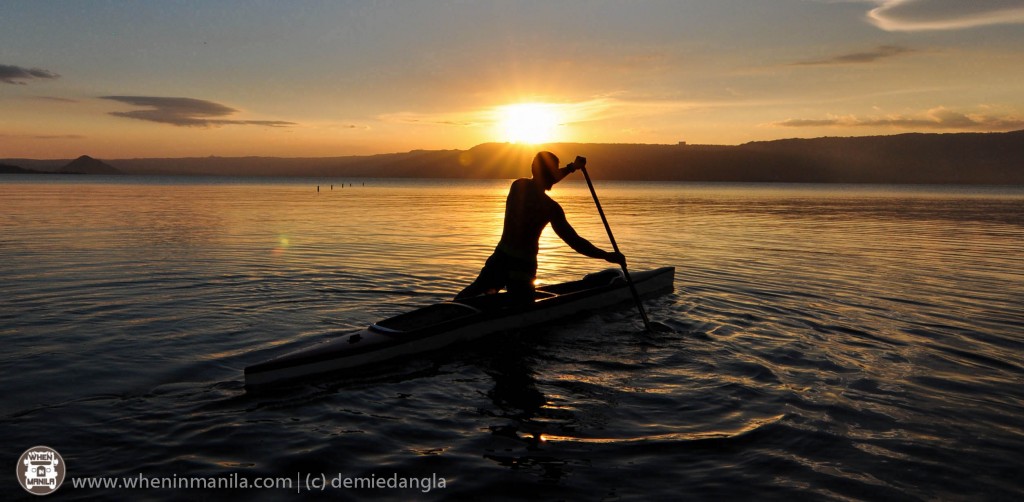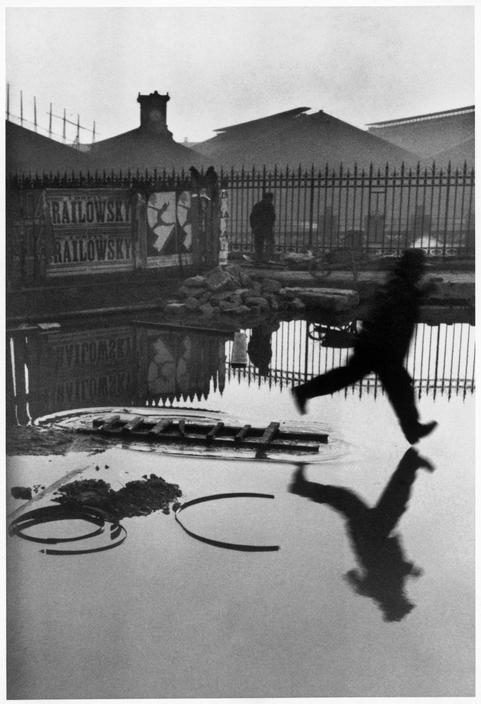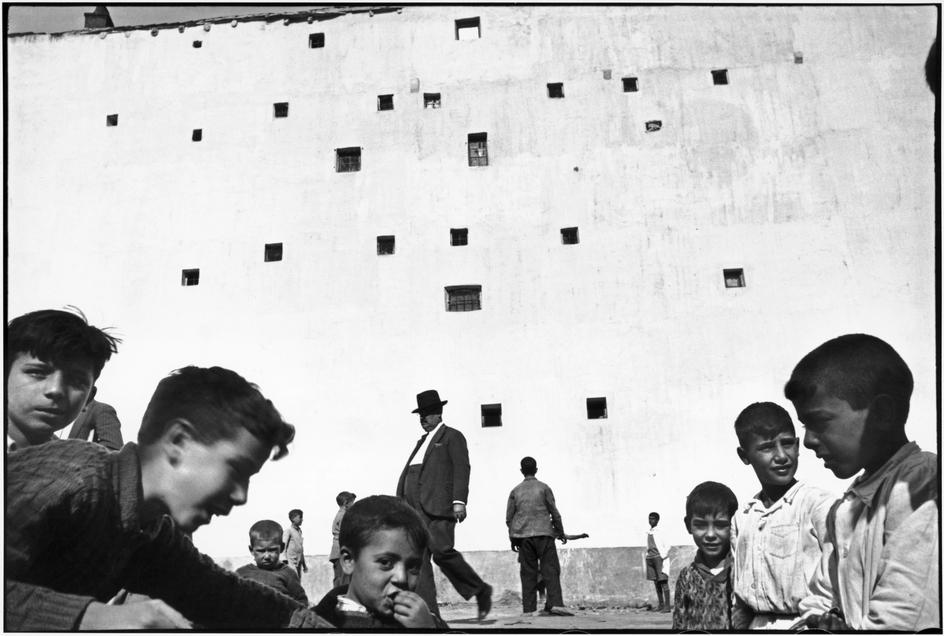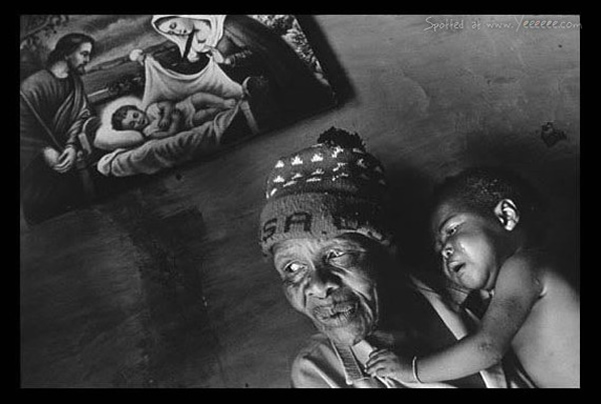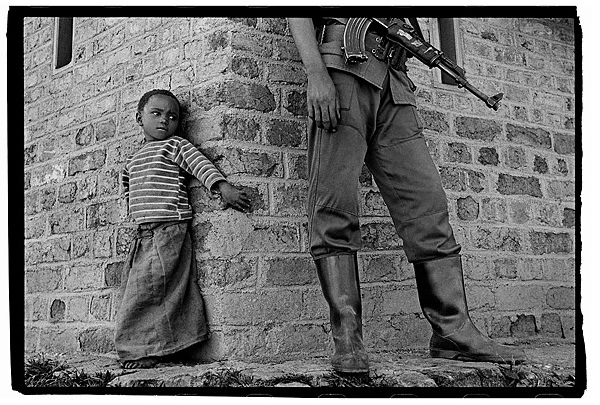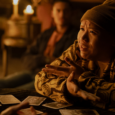Reflections from Masters of Photography
You can always find interesting attractions and people to capture through photography. Whether in black and white or in color, each photo holds a unique story which can be unknown to many, and one just can’t exhaust all of the stories that can be told with them. Everywhere you go, there will always be new experiences and discoveries to share.
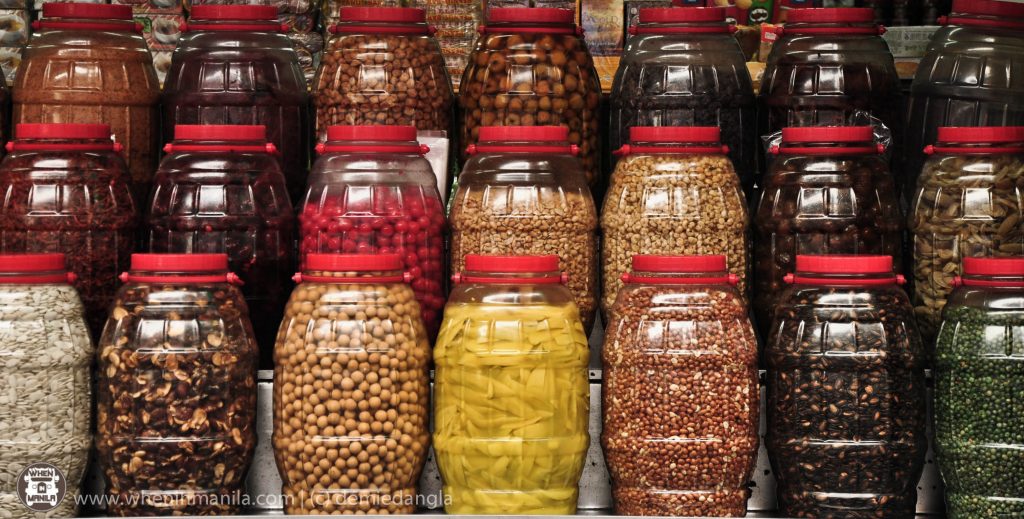
Even the simplest subjects can be interesting, like this still of goods in different colors and shapes. Photo taken in Binondo, Manila.
I started photography two years ago. Oddly, I did not show interest in photography at first. Maybe because I found the hobby to be too luxurious. What happened instead, though, is that photography sought me. During my college undergrad, a friend invited me to join a photography organization which specialised in photojournalism and exposed me to photo coverages, workshops, community integrations, and photowalks. After a few months, I appreciated and loved photography.
Now, I always dream of telling stories through photographs. Yet, as the saying goes, I still need to eat more rice to become better. Well, lots of rice.
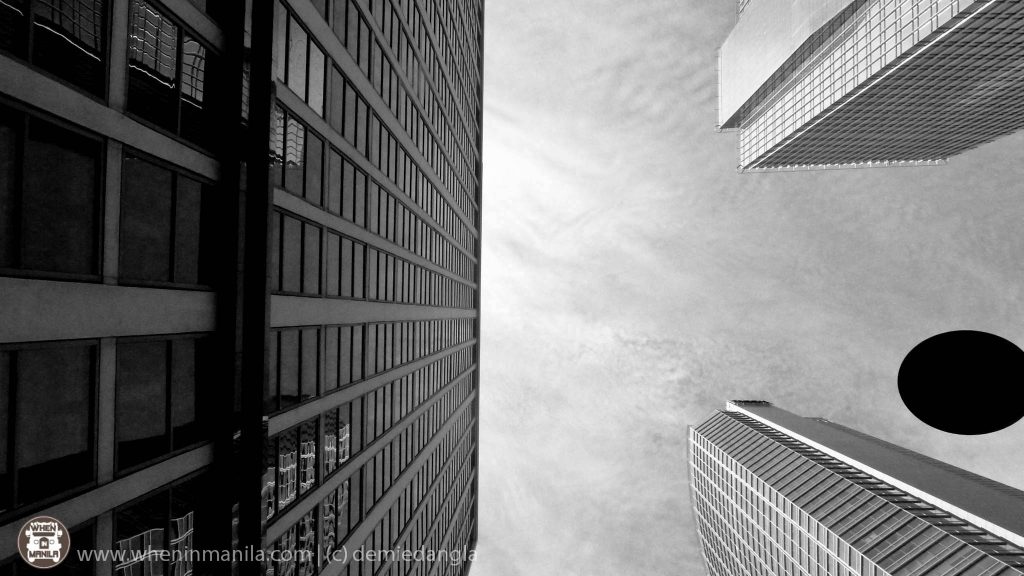
One can take advantage of architecture to create interesting perspectives. Photo taken in Makati City.
I find inspiration from many known photographers and photojournalists. One of them is Henri Cartier-Bresson, the Father of Photojournalism. I always hear him say, “Your first 10,000 photographs are your worst.” Well, he lived in the era of film cameras when film rolls could only take a limited number of shots—where each shot is precious. Given that context, it looks like it would take several years before getting to those thousands.
However, in our case, with the use of our digital cameras, it might only take us a year or so. Social media alone has become saturated with photographs. Many people, especially here in the metro, also have the capability to take photos with their cellular phones and upload it immediately in Instagram or Facebook. And it would only take less than ten minutes to do that.
Just check out these iPhone Photography Tips that can help you make better phone photos.
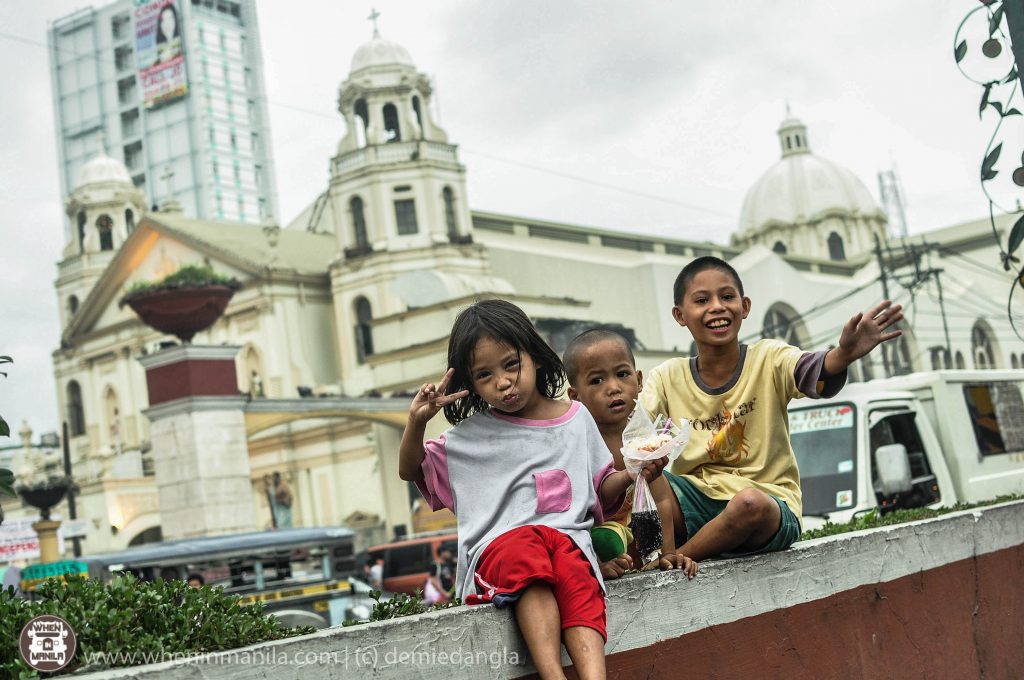
Human elements are also very important in photography, but capturing their emotions can be very challenging. Photo taken in Quiapo, Manila.
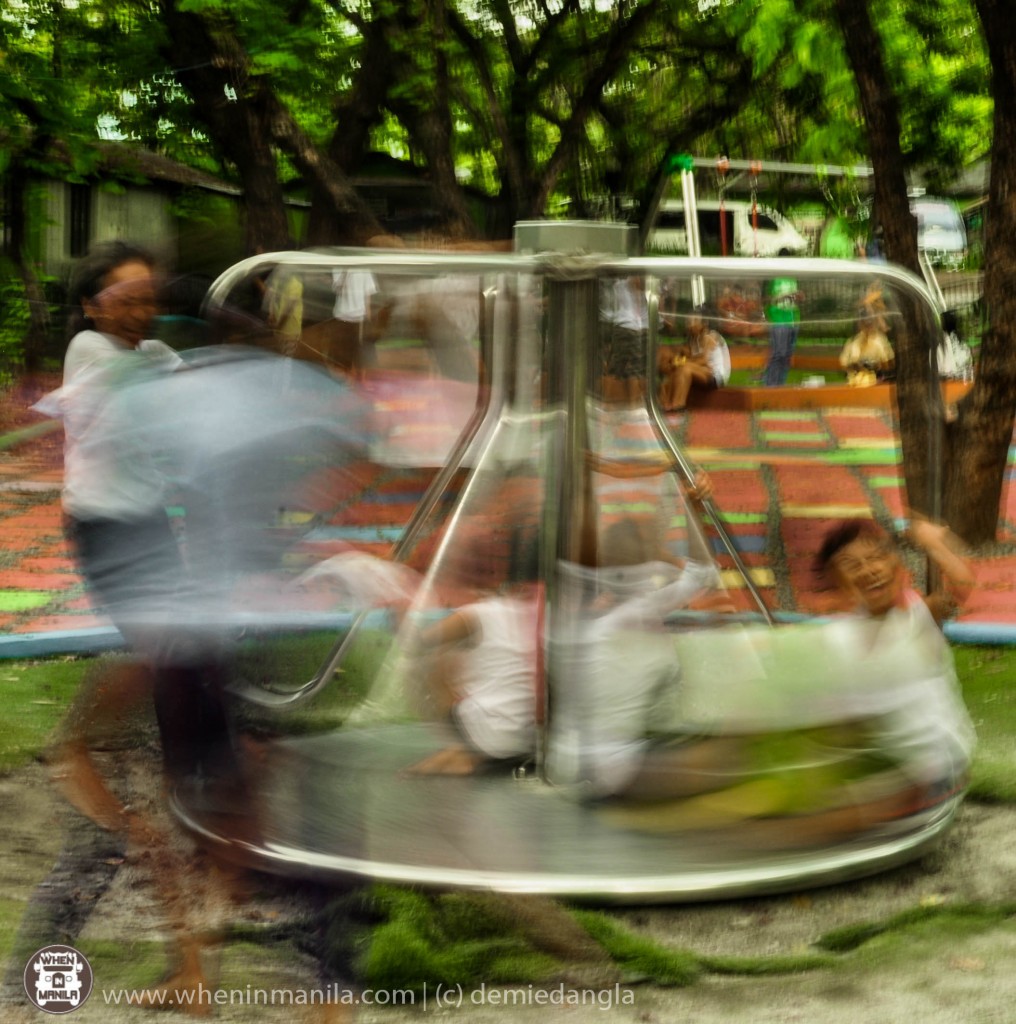
One can experiment with slow shutter speeds to capture certain emotions. Photo taken in Quezon City Circle.
However, does that make us all photographers?
Some traditionalists get irritated by the fact that everyone has easier access to taking photographs now. Everyone calls themselves photographers just because they have DSLRs. Nevertheless, I guess it’s a phenomenon that we must all recognise and maybe accept.
Yet, “taking a photograph” is different from “making a photograph”. Some call the former a snapshot, which simply aims to document something. It is based on the capacity of compact cameras set on automatic dial. One is just a click away from capturing images.
On the other hand, to “make a photograph” is an art which requires an “eye” aiming for a “decisive moment”. It could take years of practice to master this. The photographer is greatly responsible as to how the images will look like when it comes to this by adjusting the controls of ISO, aperture, and shutter speed. For inspiration, here are some example photos created by Henri Cartier-Bresson:
Just imagine how many shutters it must have taken him to capture these perfect moments. More of Bresson’s photos are available online.
Another inspiration is war photographer James Natchwey. Try watching his film documentary “War Photographer.” The film narrates how James Natchwey finds motivation and inspiration in creating great and telling images. Personally, I was really inspired to take photography to the next level after viewing the film. Of course, without having to literally go to war zone place. Haha, kidding.
Being a witness and taking photographs of some of the worst things that could happen in our world (famine, war, killings, etc.) is never an easy task. War photographers like Natchwey are often criticized for having taken advantage of people’s suffering, but he still earned a coveted Pulitzer award. As Natchwey pointed out, he considers his photos as an antidote to war. He said, “I have been a witness, and these pictures are my testimony. The events I have recorded should not be forgotten and must not be repeated.” It is his way of enlightening people and to keep their eyes wide open to the things happening in our world.
Here are some photos by Natchwey:
These two masters of photography inspired me to make photographs that would tickle people’s minds and make them question the things happening around them despite being saturated with visual media. If we want to take photography to the next level, then we must extend beyond what our eyes can see, travel to places our feet have not reached, and photograph scenes people don’t want to talk about.
It is always nice to show the beauty of our world through photos, but it does not mean that we should forbid people from seeing its ugly side, as well. Because from there, we can realize how much more we should strive for a more beautiful world. ▪
Reflections from Masters of Photography

